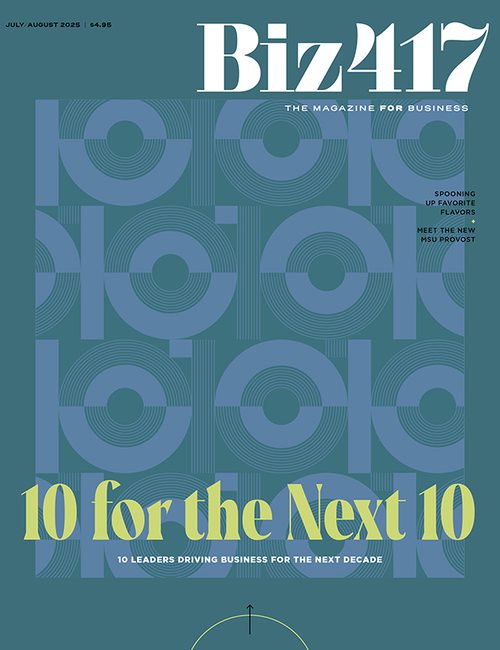
Strategy
5 Approaches to Ethical Decision Making
Five universal approaches to consider when making ethical decisions
By Matt Battaglia
May 19 2016 at midnight

Imagine this: You are riding on a trolley one day when it loses its path and heads toward five workers. The trolley is moving quickly and headed downhill with no chance of stopping. However, you realize you are standing right next to a lever, which can change the course. If this lever is pulled, you will still hit one other person. What would you do? Would the situation change if you had a close relationship the one person versus the five people?
Every day we face ethical decisions. These decisions may not include the pulling of a trolley lever, but they do put our moral compass and values into question. The following are five universal approaches to consider when making those decisions:
Utilitarian Approach - What benefits and what harms will each course of action produce, and which alternative will lead to the best overall consequences?
This question answers the dilemma of which option will produce the greatest benefits and least harm.
Rights Approach - What moral rights do the affected parties have, and which course of action best represents those rights?
The rights approach follows the belief that individuals have the ability to make their decisions freely. It believes that if the act does not respect everyone’s moral rights, it is wrong to act.
Fairness/Justice Approach - Which course of action treats everyone the same, except where there is a morally justifiable reason not to, and does not show favoritism or discrimination?
This approach gives the individual the opportunity to reflect if the action is fair to the people.
Common Good Approach - Which course of action advances the common good?
This question helps drive our choice to decide if the action taken will be good for ourselves and the community. It opens the door to other questions related to the type of society we want to become and how we achieve that.
Virtue Approach - Which course of action develops moral virtues?
Each of us holds internal values and morals that we strive to maintain and hold onto. This question reflects what kind of person you should be and what it will do to your character.
Matt Battaglia is business efficiency expert and Engagement Specialist with People Centric Consulting Group that helps businesses create clear direction, intuitive processes, and motivated employees.












